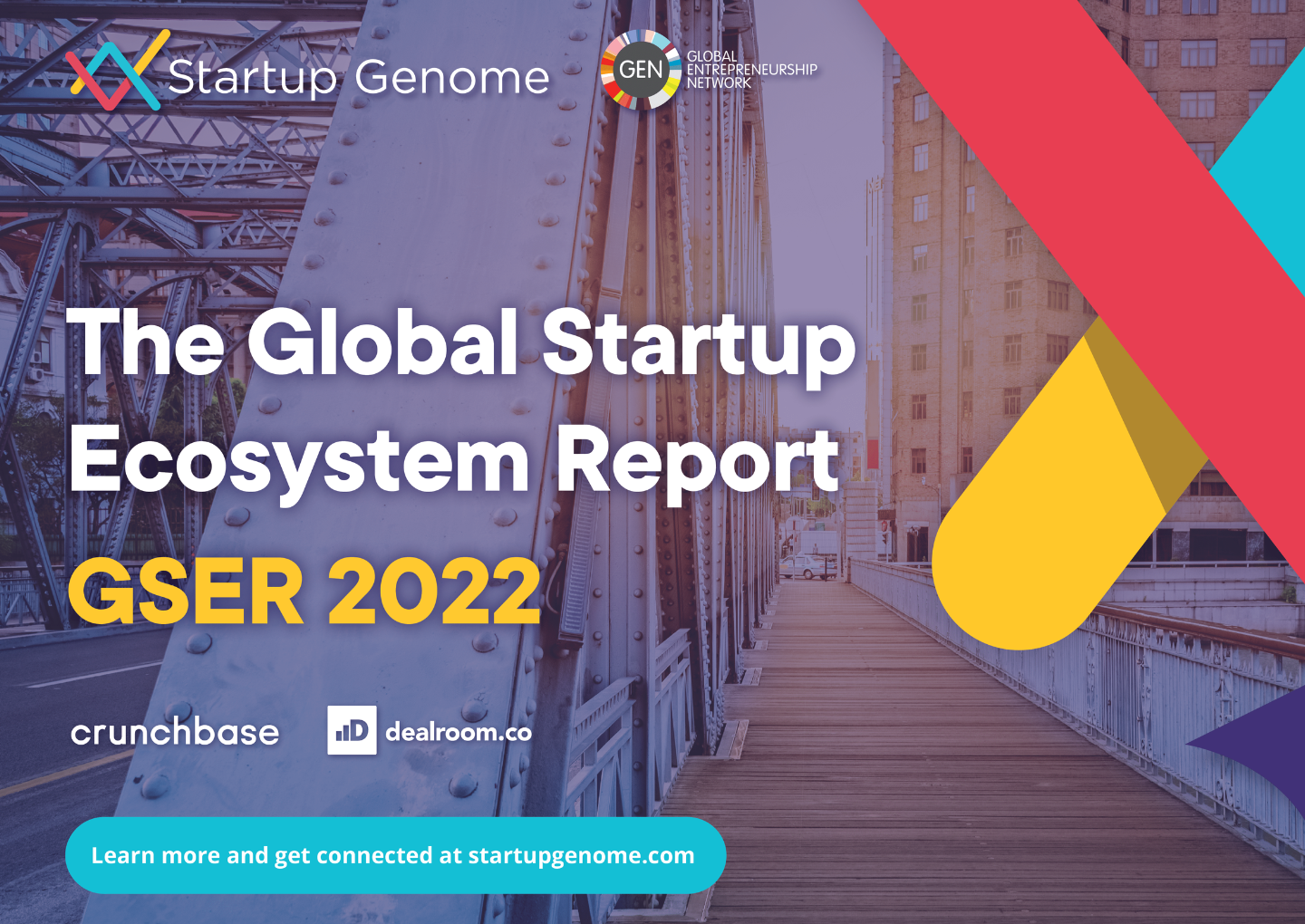January 17, 2024
Netherlands hottest tech hub in Europe 2021

Dutch tech is a thriving industry; The Netherlands is home to Europe’s biggest tech companies, such as Adyen, ASML, Just Eat Takeaway, and Mollie, and is taking the fourth position globally by the total market cap of public tech companies. It has many more startups per 1 million populations than the European average and is in the top 5 European hubs by the number of $1B+ startups. This is the result of close cooperation of Dutch founders and partners in the ecosystem; however, enough work still remains to be done to reach full potential.
Compared to other European startup ecosystems, the Netherlands is lagging behind in deep tech investments. Although the Netherlands ranks highly in global scientific research, more efforts need to be made to accelerate innovation, knowledge transfer from universities, knowledge institutions to spin-offs or startups. Access to talent is one of the major issues for Dutch startups. The global tech ecosystem is competitive, and companies in the Netherlands are fighting a constant battle to attract and retain top talent. The Netherlands should be made more attractive to national and international talent and adopt competitive fiscal rules for share options. Despite reaching new heights in investments, early-stage deals in the Netherlands have been constantly decreasing, resulting in a funding gap for startups in the earliest, most risky phase of their business, leaving room for angel investors to step in.
Maurice van Tilburg, Managing Director Techleap, said: “After years of building the tech ecosystem with all stakeholders, we are very happy with the overall state of Dutch tech, but we have to keep an eye on the hurdles as well. We could claim the position of being a leading ecosystem because there are so many companies that have the chance to be very successful here. If we want to remain relevant as a nation and competitive as an economy, full commitment to the challenges in technological development is vital.

 Prinsjesdag 2022: Budget day 2022 from a startup perspective
Prinsjesdag 2022: Budget day 2022 from a startup perspective